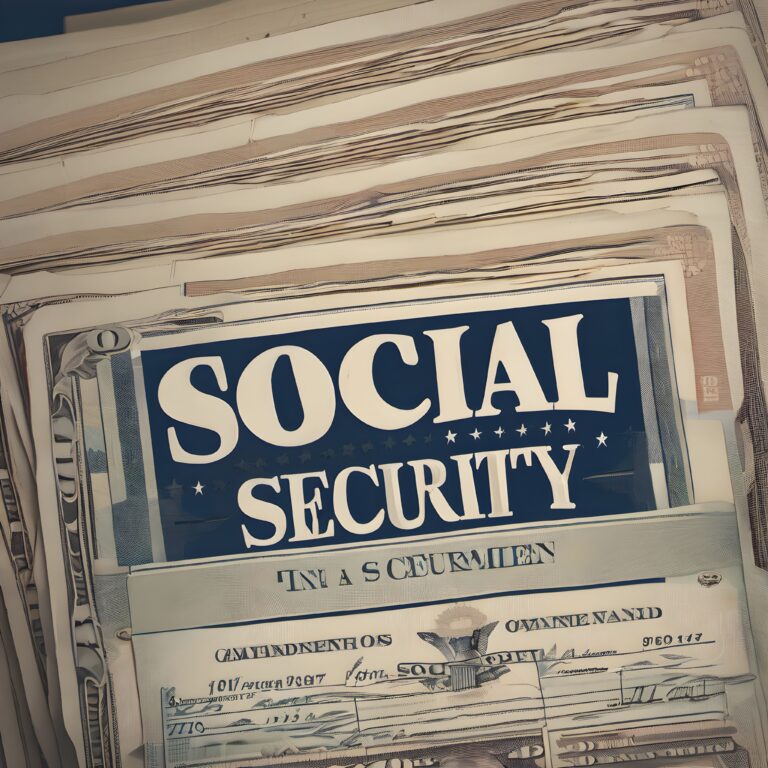Artificial intelligence (AI) is changing the world as we know it. It is being used in diverse fields such as finance, healthcare, education, and entertainment. As the use of AI continues to expand, it is raising some critical questions about who owns the intellectual property (IP) created by these machines.
One of the biggest concerns is the issue of AI-generated content and who owns the rights to it. As AI becomes more advanced, it can produce original works such as music, literature, and art. However, the question remains, who owns the copyright to these works, the AI or the creator who programmed it?
This question is not straightforward, and there is no clear answer. Copyright law is complex and varies depending on the jurisdiction, but it typically grants the creator of the work the exclusive right to use and distribute it. However, in the case of AI-generated content, it is not clear who the creator is.
One argument is that the creator of the AI system owns the copyright since they programmed it to produce the work. However, this argument has its shortcomings as the AI is capable of producing content beyond what its creator programmed it to do. Therefore, it can be argued that the AI system itself should be considered the creator and owner of the copyright.
The situation becomes even more complicated when AI-generated content is used commercially. For example, if an AI system creates a song that becomes a hit, who should receive the royalties? Should it be the AI system or the record label that uses the song for commercial purposes?
Another challenge is identifying instances of AI-generated content that infringe on existing copyrights. AI systems can be programmed to replicate existing works, leading to potential copyright infringement. However, detecting and proving this type of infringement can be challenging, as AI-generated content can be very convincing.
To add to the complexity, different countries have different legal frameworks when it comes to AI and copyright. For example, in the United States, copyright law does not recognize AI as a legal entity capable of owning copyrights. In contrast, the European Union has taken a more progressive stance and recognizes the potential for AI to create intellectual property.
As the use of AI continues to grow, it is essential to address these legal issues to ensure that creators receive fair compensation for their work. It is also crucial to have a clear legal framework that addresses the complexities of AI-generated content and copyright ownership.
In conclusion, AI copyright infringement poses a complex and challenging legal quagmire. It raises fundamental questions about who owns the copyright to AI-generated content and how to protect the rights of creators. It is imperative that policymakers and legal experts address these issues to ensure a fair and just outcome for all parties involved.










